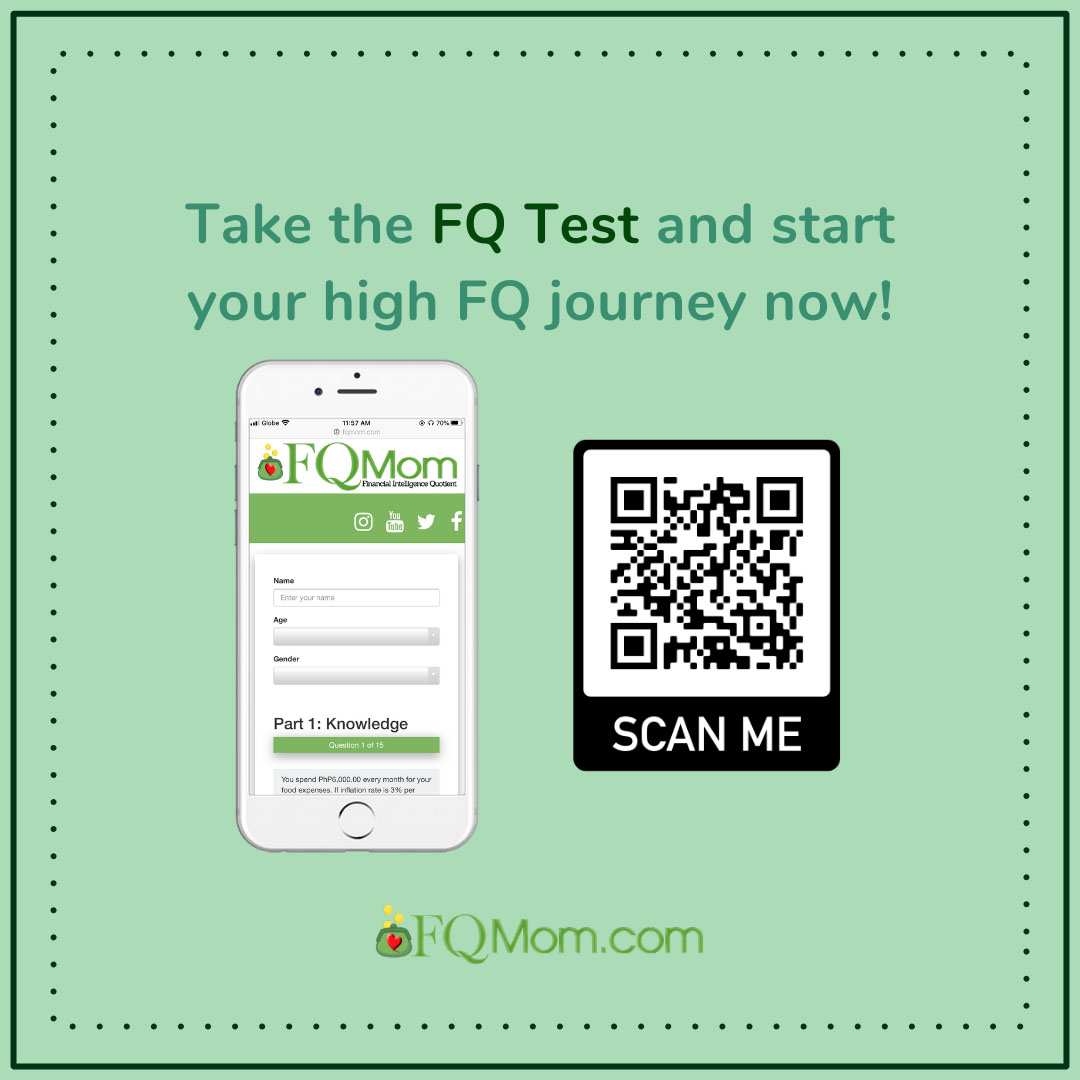No, we’re not in the same boat!

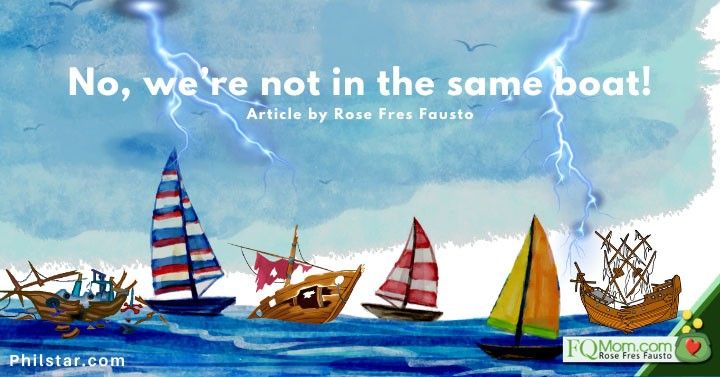
We are all affected by this COVID-19 crisis and it’s common to hear people say, “We are all in the same boat.” A few days ago, I saw a post that said it so well, “We are not in the same boat, just the same storm!”
I couldn’t help but engage in the conversation and here’s what I said:
“Yes, that’s right. We’re in the same storm but in different boats, and we’re not just talking about ‘material boats’ but also ‘invisible emotional boats.’ The COVID-19 crisis really brings to fore those boats we’ve built or failed to build. We are sailing in different directions and in different speeds but I do hope that we will all go through this storm in the best way, our own way. God bless us all.”
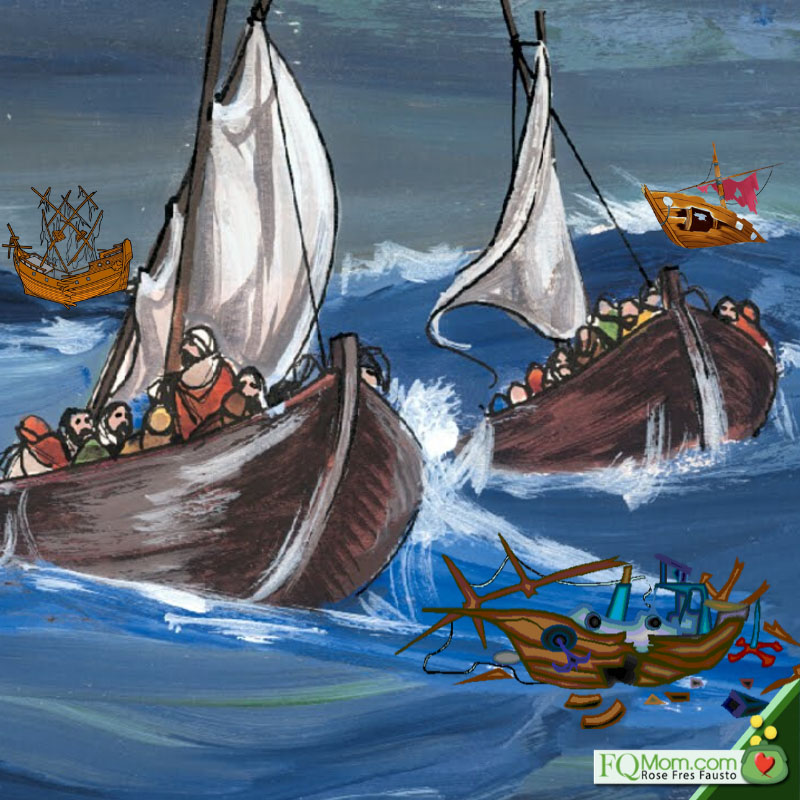
The material boats
When I said material boats, I was referring to our financial and other physical resources.
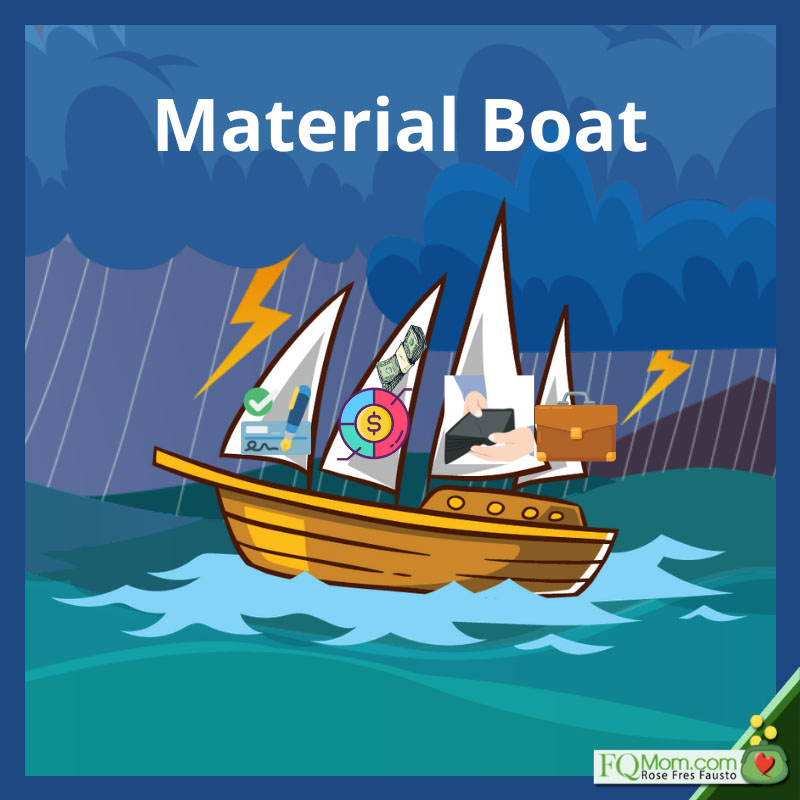
Do we have emergency funds that can tide us through now that we’re experiencing either a decline or loss in income? May this crisis leave a mark in everyone’s limbic system that this safety net is so essential. Living from paycheck to paycheck is just not…humane. Nobody deserves the stress that “isang kahig-isang tuka” brings to someone in crisis. Unfortunately, we find a significant percentage of our population in this condition. And I am not just talking about those with very low income, but even those who earn enough but are not following the basic laws of money.
When it comes to investing, how’s your asset allocation? Did you become hysterical because you invested even your short-term funds in the stock market?
How’s your job and/or business now? Are you providing goods and services that are important to society? Are you doing what you’re good at and quite fond of it, that you’re able to pivot it with optimism and positivity?
How’s our home? Let’s start with the physical house first. Now that we’re home 24/7, we see what parts are working and what are not. Did we build a home that our children and we would really be happy to stay in as there’s no mall to go to anymore?
The emotional boats
These are the “boats” that are trickier to determine. Did we build good emotional boats that are sturdy? Or did we build ones that can never have a chance to withstand storms?
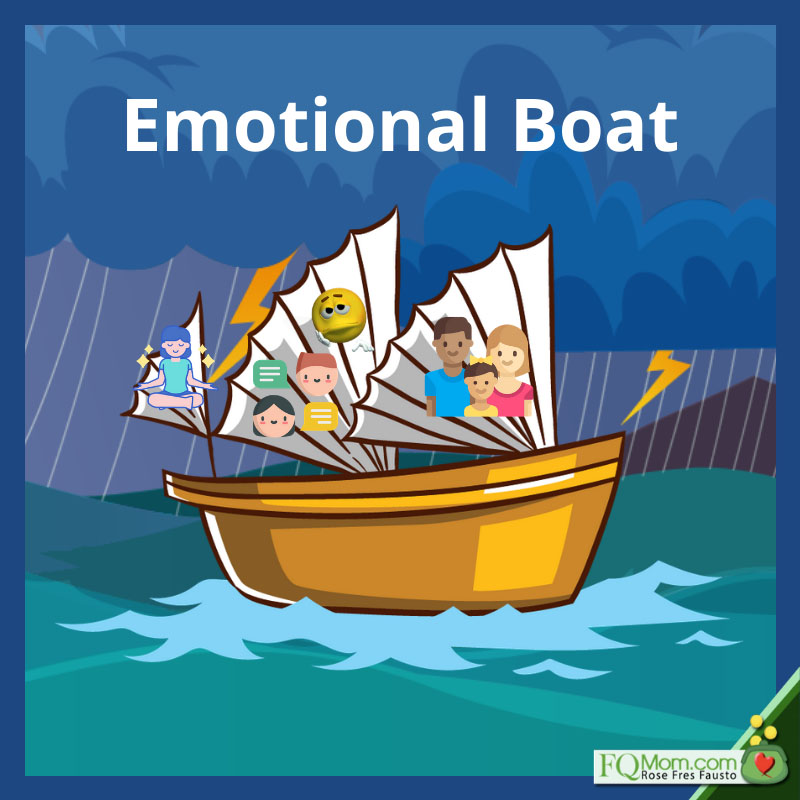
How is our relationship with each of our family members? This is the home that does not refer to the physical structure. Do we have a family whose members cannot stand each other? Or do we love to hang out with each other, learning from one another, respecting one another, enjoying each other’s company, getting crazy with each other?
How about our relationships with our friends, co-workers, colleagues? Crisis gives us the chance to distinguish the real ones from those that are called fair weather.
Let’s go to the most important emotional boat to examine. Do we have internal peace? Now that we cannot go out, we don’t have a choice but to go in – into ourselves. Are we comfortable hanging out with ourselves? How’s our relationship with God or whatever you call it? Do we have that serenity, that peace of mind?
No wonder, there’s a lot of conversations about mental health right now. We are now faced with the challenge of dealing with internal matters that we were able to avoid when we were exposed to distractions and other time-consuming excuses. Oh, by the way, if you know anyone (and I do know a few) who still insist on going out during the quarantine even for non-essential errands, chances are, they are just seeking external stimulation. A behavioral study done at the London School of Economics shows a significant correlation between people who always need external stimulus and this pasaway behavior of going out for non-essential reasons during the quarantine.
The bigger boat
To continue the analogy of the boat in this COVID-19 storm, the bigger boat is the state of our nation. During the crisis, everything is exaggerated – the state of our health system, the quality of our government, both local and national, our management of food supply and other necessities.
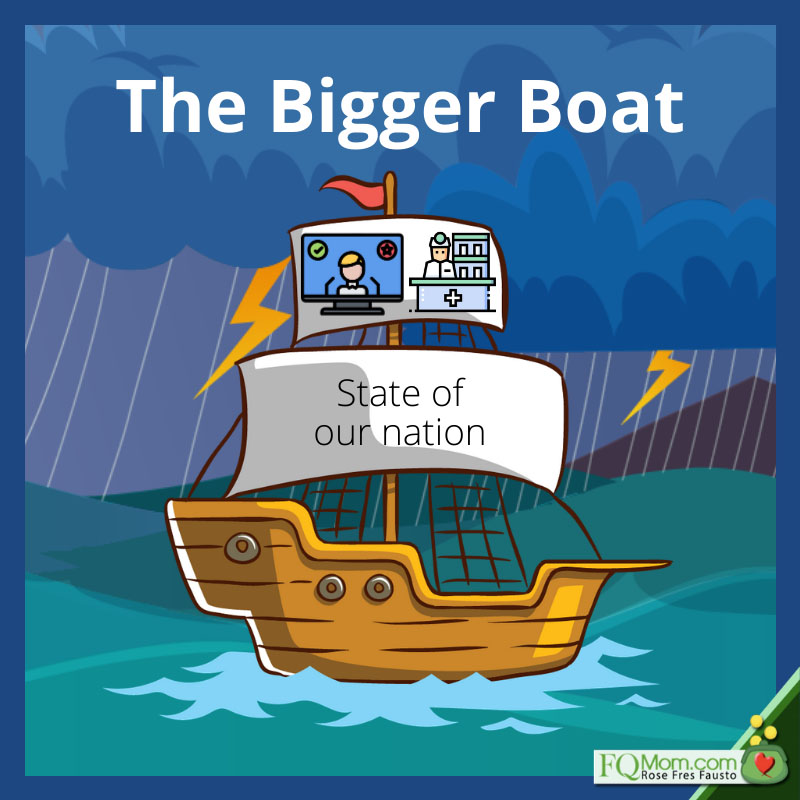
One of the books I finished reading during the early part of the quarantine is “The Nordic Theory of Everything.”
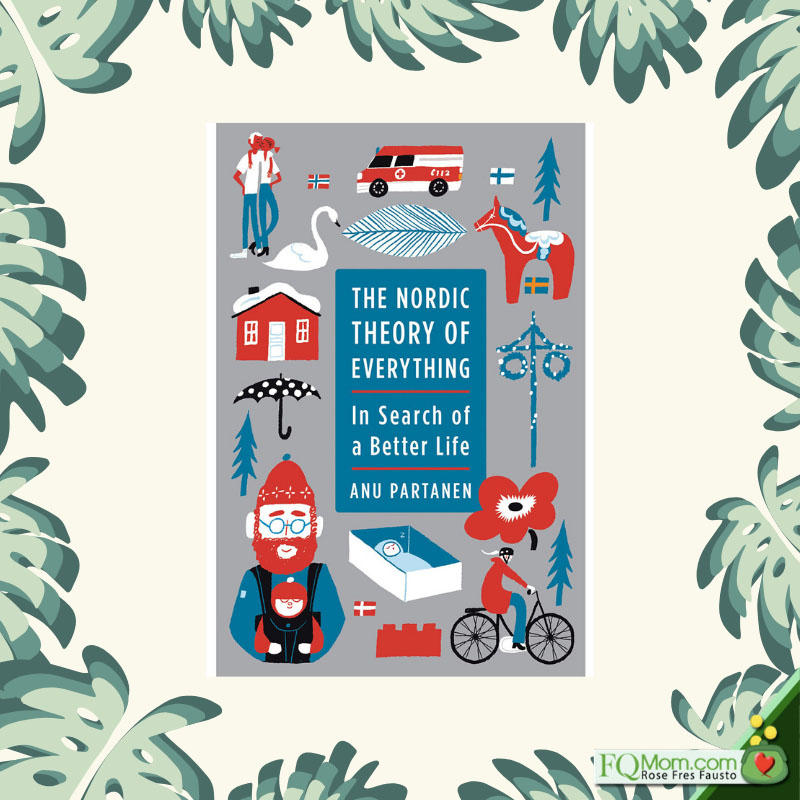
I have been interested to study and learn from the lifestyles of the Nordic countries (Denmark, Norway, Sweden, Finland, Iceland, etc.) When I took an executive course in Behavioral Economics at the Harvard Business School, I had an interesting breaktime conversation with a few female classmates from the Nordic region. I was so happy (almost envious? maybe more like wishful) to hear them talk about their long maternity leaves lasting to a year and how fathers who don’t take paternity leaves are looked down upon.
Their system, though not perfect, really works. They focus on giving the basic needs of their citizens – healthy family, education, livelihood. No wonder they’re always among the happiest people in the world, with students who do very well in the global ranking, despite (or maybe due to) the absence of too much academic stress. Author Anu Partanen, a Finnish journalist married to an American and residing in the US, talks about the four key relationships: 1) parents and children; 2) men and women; 3) employees and employers; 4) government and citizens.
While it may be easy for us to dismiss this and say, “Because they’re rich countries!” please note that she was comparing the Nordic way and that of the US, one the world’s richest countries, and currently the most powerful one.
Applying crisis lessons
When we come out of this crisis, I hope we will not go back to the old normal. I hope we will bring with us all the lessons that we learned during the quarantine not just from our own experiences but also from those of others. I hope we will all emerge better, with sturdier boats, and more prepared when the next storm comes.
********************************
ANNOUNCEMENTS
1. The Emotional Cycle of Investing mini ebook is FREE until tomorrow. It will be available on Amazon starting May 1, 2020. Other FQ Mom books are available here.
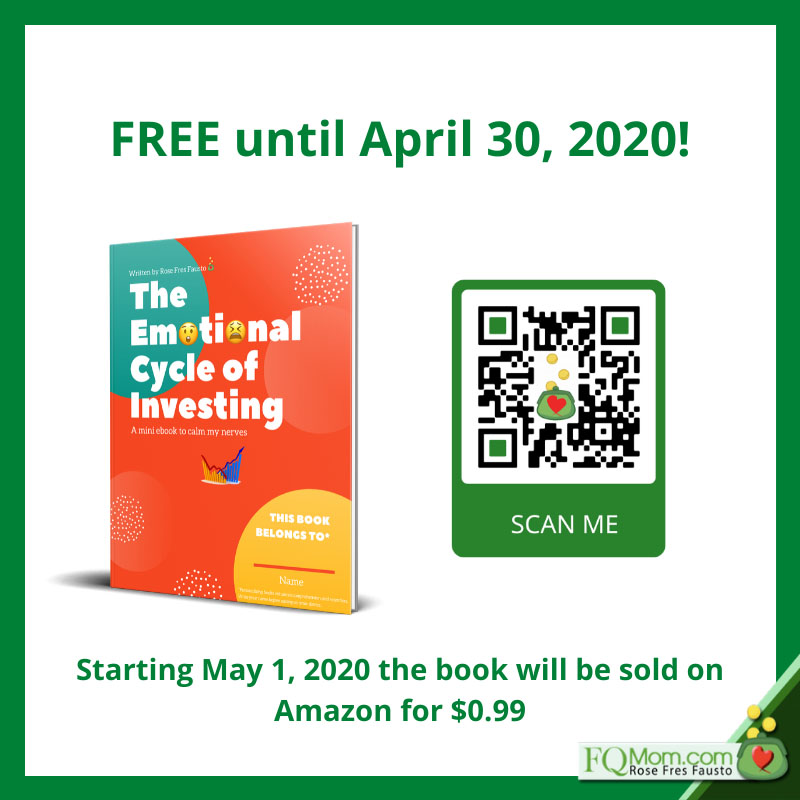
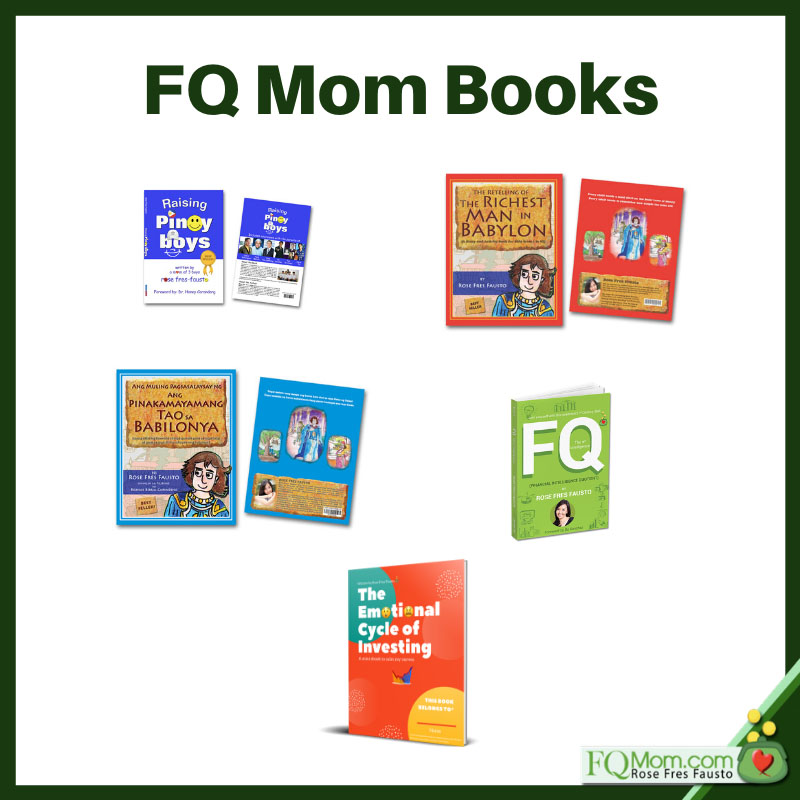
2. If you want to learn more about taking care of your mental health during this crisis, watch my interview with our country’s top psychologist and National Social Scientist, Dr. Honey Carandang, click part 1 and part 2.
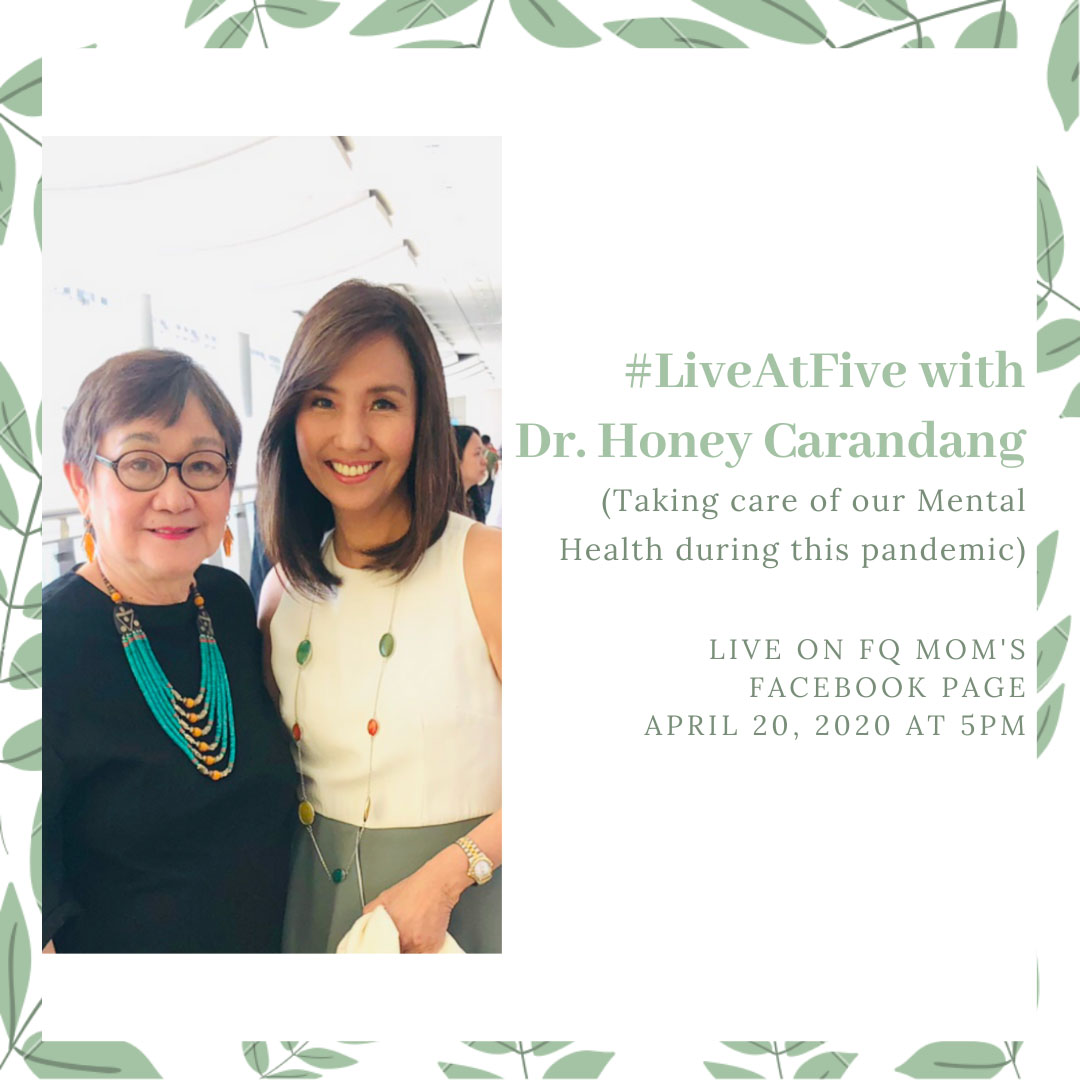
3. Listen to our Mom and Son Podcast with VJ Edward Barber on YouTube. Click here for part 1. Click here for part 2.
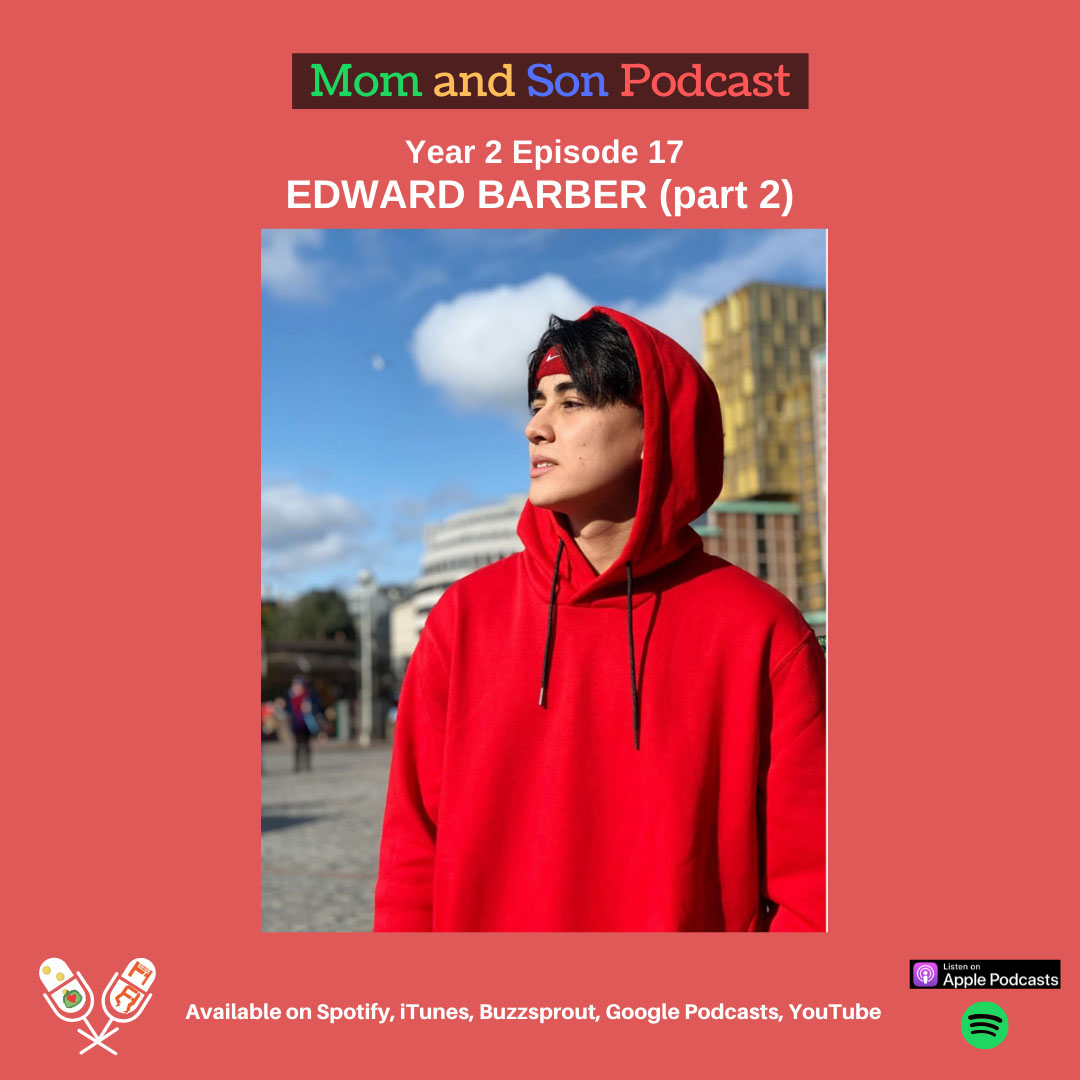
4. If you haven’t yet, now is the time to start your FQ journey. If you’ve taken this six or so months ago and you want to check how you have improved, you may take it again by clicking the link: https://forms.gle/tSHBiGtwpWHaKVzU9
